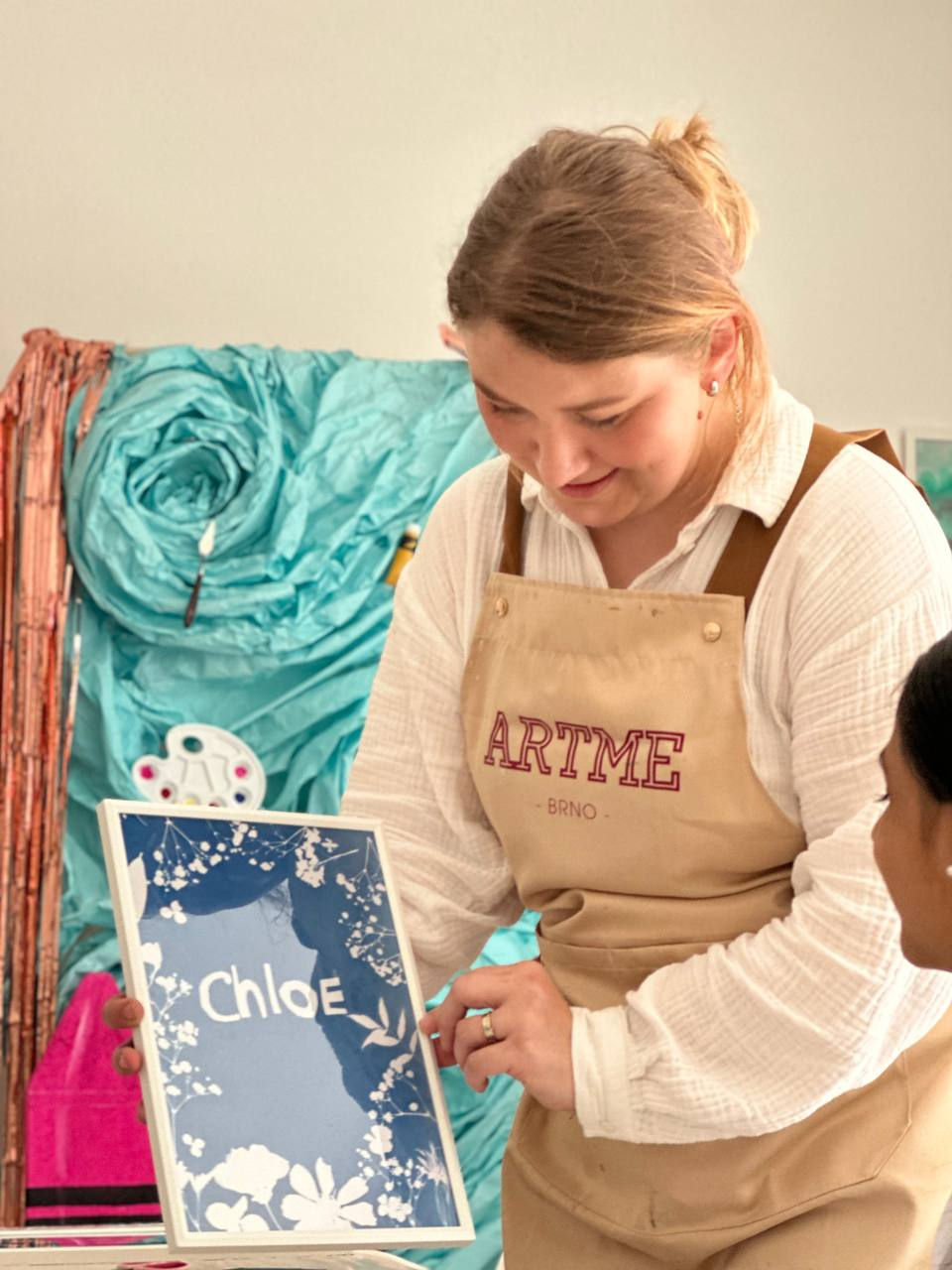Bridge of Cooperation: Interaction of National Minorities in Brno
- Centrum Brusinka
- Jan 10, 2024
- 4 min read
The new year has just begun, and we already have great news! With joy, we announce that our friends from the Kazakh and Armenian communities have registered their non-profit organizations. On behalf of all the staff at the Multicultural Center Brusinka, we congratulate our colleagues on this achievement and express hope for further successful collaboration.
Qazaq Nomad
The purpose and goal of the association are to unite citizens and foreigners to support and develop a multicultural and social environment in the Czech Republic, with a focus on the Kazakh minority. Currently, more than 700 residents from Kazakhstan live in Brno.
Nairi Armenian Association The purpose and goal of the association are to unite citizens and foreigners to support and develop a multicultural, educational, sports, and social environment in the Czech Republic, with a focus on the Armenian minority. Currently, more than 150 Armenians live in Brno (excluding those with Czech citizenship).

As we have written before, there are countries from which people are connected by one of the most widely spoken languages in the world - Russian. In the case of Kazakhstan and Armenia, this unifying force works best. In the conditions of migration, Russian becomes a truly multicultural language, allowing Kazakhs to understand Armenians, Ukrainians to understand Latvians, Georgians to understand Israelis. English, Spanish, Hindi, Arabic, French, Portuguese can also be considered multicultural languages because they serve as a means of communication among people of different ethnic groups, facilitating the exchange of knowledge, ideas, and cultural heritage. In the Czech Republic, people from different countries communicate and help each other better understand Czech culture and even the Czech language through these multicultural languages.
Global migration brings its results: representatives of various nationalities and ethnic groups are increasing, especially in large cities. The question of integration into Czech society and living together with others is now relevant.
In the Czech Republic, the Law on the Rights of Members of National Minorities was adopted in 2001, recognizing the right of minorities to national and ethnic identity, to respect the authenticity of national minorities manifested in culture, traditions, and language. The law ensures the right of members of national minorities to effective participation in cultural, social, and economic life and in public affairs, protecting their rights in accordance with international agreements on human rights and fundamental freedoms.
Creating a multicultural society is not a myth but a real necessity. Efforts for the harmonious coexistence of national minorities with the majority population create a tolerant society. Acceptance of the Czech way of life and traditions by representatives of other nationalities allows them to preserve the traditions of their culture and language. In the conditions of globalization, these processes are inevitable in the Czech Republic, and it is essential to pay attention to them.
The Czech Republic is a member of the European Union, Brno is a university city and also the "center of Europe," where many festivals and conferences take place, exhibiting high international activity, and providing job opportunities in the IT and science sectors - all of which create socio-economic demand. According to Infogram statistics, every fifth resident of Brno is an immigrant from another country.
Currently, the following national minorities are officially recognized in the Czech Republic: Bulgarians, Croats, Hungarians, Germans, Poles, Slovaks, Serbs, Roma, Rusyns, Russians, Greeks, Ukrainians, Vietnamese, and Belarusians. All other ethnic groups do not have official support, but there are plenty of them as well. It is important to realize that people speaking different languages and celebrating their holidays are not necessarily immigrants; representatives of these families may have been living in the territory of the Czech Republic for the second or even the third generation.
Employees of the Multicultural Center Brusinka in the Department of Social Integration of National Minorities in the city of Brno traditionally officially represent the interests of the Ukrainian and Russian minorities. Overall, our task is not only the integration of foreigners but also assistance in the adaptation of representatives of other cultures who have been living in the territory of the Czech Republic for a long time. Additionally, our goal is to build bridges of cooperation and balance mutual interaction between different cultures.
In Brno, several annual events showcase the culture and traditions of various nationalities: Babylonfest, Brazil Fest, Greek Saturday at Veveří Castle. In the city of Pardubice, there is a Multicultural Week, and in Prague, there is RefuFest. Our Multicultural Center and the Center for the Integration of Foreigners in the South Moravian Region regularly host diverse workshops presenting the cultural traditions of various countries. In our center, there was an exhibition-fair of Ukrainian and Czech craftsmen last year, followed by a workshop dedicated to Ukrainian Easter traditions, an exhibition of Kazakh culture, a cultural Moravian event for tourists from Poland with the participation of the POLONUS club in Brno, a presentation of a Greek fairy tale in collaboration with the InBáze organization, and a book fair in Russian in collaboration with the online store 4BooKashki.
We hope that through our efforts, we will contribute to making the city a cosmopolitan one, distinguished by a high level of tolerance and respect for differences, education, cultural exchange, and the promotion of dialogue.





Comments